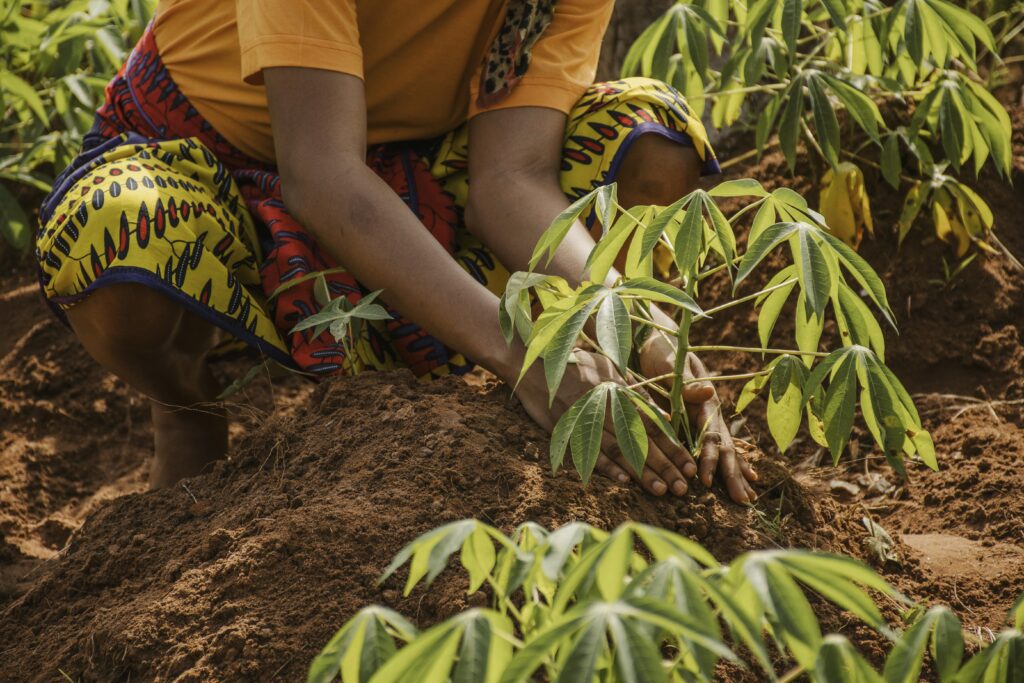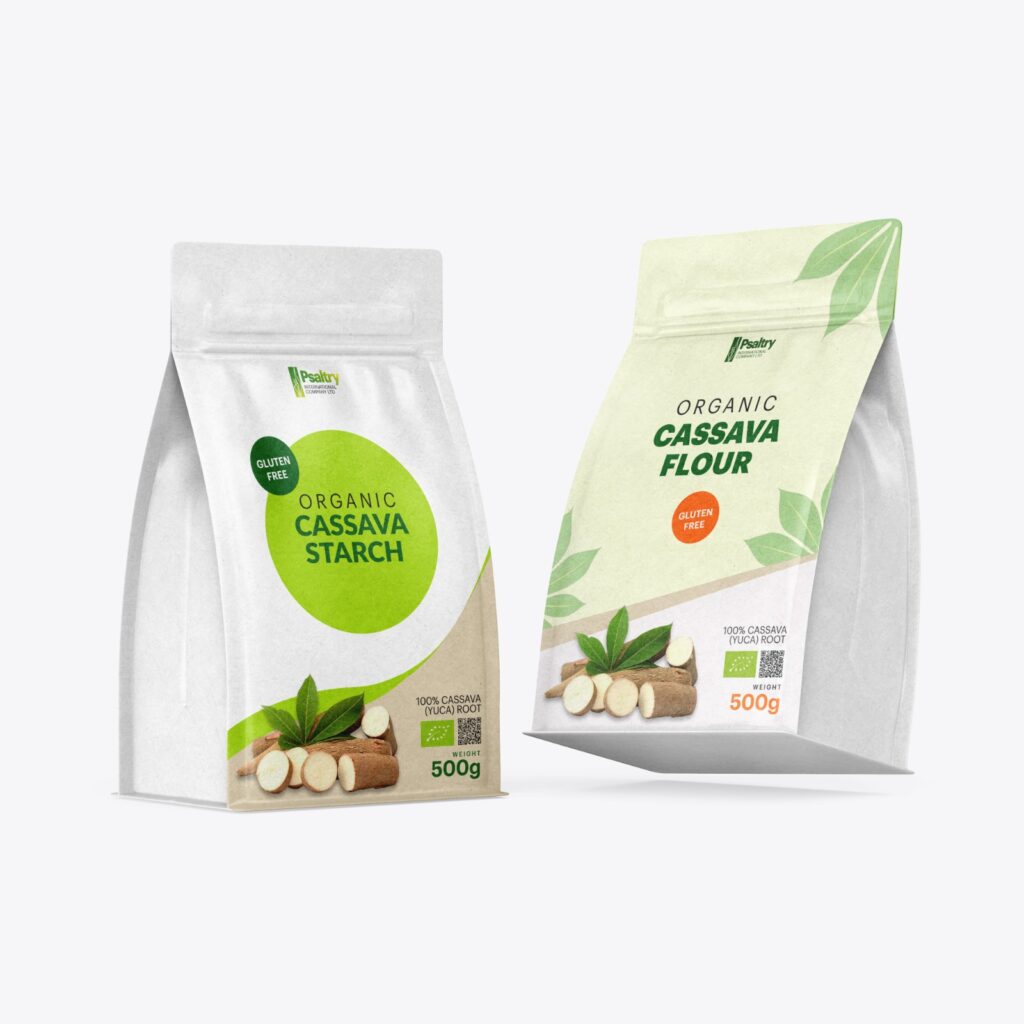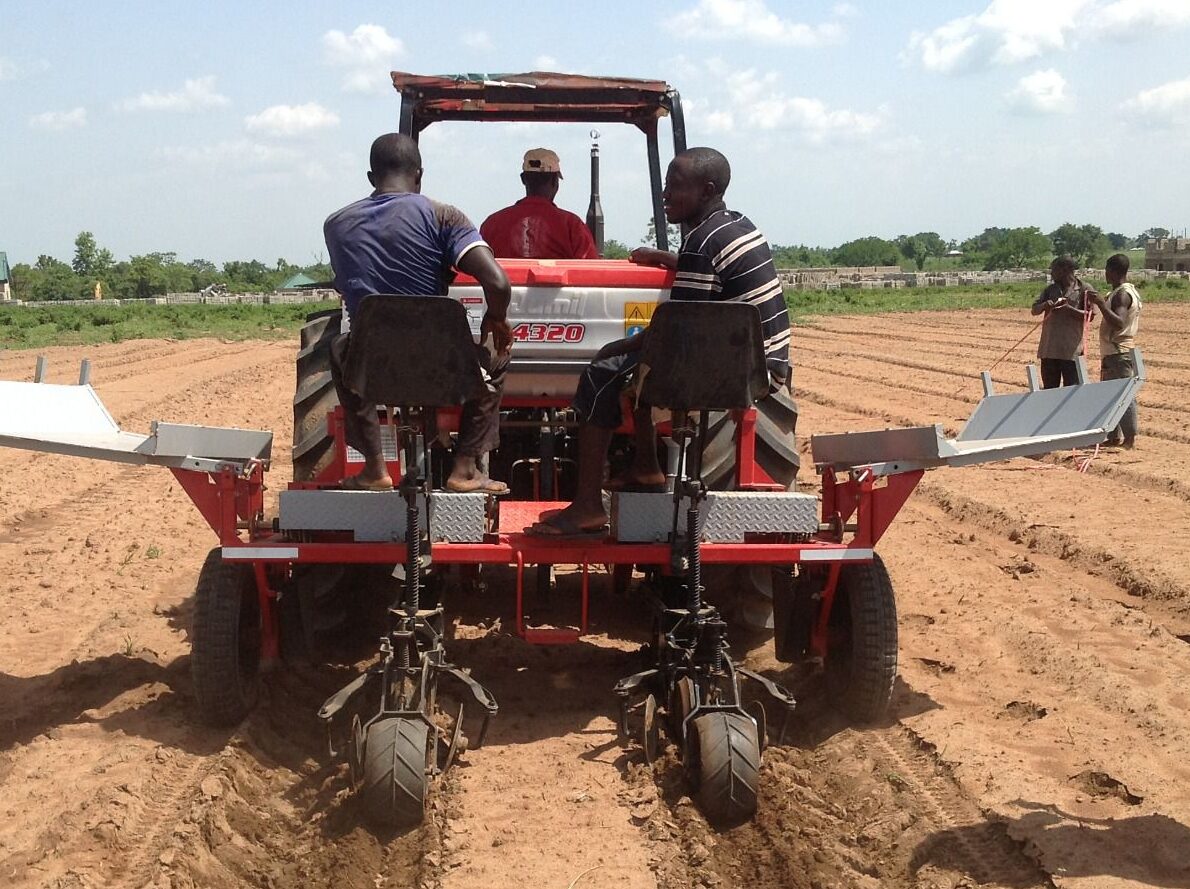
Africa, with its diverse landscapes and rich agricultural heritage, is increasingly becoming a focal point for agribusiness investments. Amidst the array of crops that contribute to the continent’s agricultural tapestry, cassava stands out as a resilient and versatile crop, holding immense potential for economic development. In this article, we delve into the various dimensions of cassava cultivation, its importance in Africa, and its potential for businesses, NGOs, and governmental organizations.
Understanding Cassava’s Resilience
Cassava (Manihot esculenta) is a hardy perennial crop that thrives in various climates, making it well-suited for cultivation across the African continent. From the arid regions of North Africa to the tropical climates of the sub-Saharan belt, cassava has proven its adaptability. This resilience is a key factor that makes it an attractive option for agricultural ventures.
Indeed, cassava is generally accepted as the main crop of cultivation in many nations across Africa. Why so? well, it’s a fairly easy crop to nurture, requiring rich soil properties. The thing that is special about this cash crop is how many by-products it can be processed into, Indeed Cassava can be processed into numerous by-products including chips, flour, yeast, starch and Garri.
Perhaps one of the most intriguing by-products of Cassava is the Ethanol. Ethanol is a solvent, an additive and a crucial ingredient in some alcoholic beverages. Ethanol is also an active component in the petroleum we fill our car tanks.1 kg of cassava root produces approximately, 0.10 litres of Ethanol.
Cassava also has the potential to reduce poverty and increase farm margins from small-hold farmers to large commercialized enterprises.
The international market for Cassava is expected to double by 2050. And the research surrounding this crop has only grown since it became its gluten-free flour characteristic became publicly known in recent years.
Nigeria is the number one producer of Cassava, producing 75% of the total market. As great a potential as this sounds most African nations unfortunately do not occupy the supply chain beyond the supply. As is with most resources attained from Africa there is hardly any processing carried out.
One of the enterprises changing that is PSALTRY INTERNATIONAL (UK) LIMITED, this Nigerian enterprise is leading the way in cassava processing in Nigeria, with a small product line including gluten-free cassava and cassava flour and starch with their main market in the UK.

With the right packaging and marketing, this cash crop has the potential of truly uplifting the socio-economic levels of many households.
Innovation and Technology: Transforming Cassava Processing
The integration of innovative technologies in cassava processing opens up new avenues for increased efficiency and product diversification. Modern processing techniques, including solar drying and mechanized peeling, can significantly enhance the value chain. Exploring investment opportunities in Precision Agriculture Technologies and other innovative solutions is crucial for maximizing cassava’s potential.
For a more comprehensive analysis of potential agribusiness investment opportunities, you can explore https://sharelovvintl.org/top-3-agri-businesses-to-invest-in-africa-for-2024/
Cassava emerges as a cornerstone of agricultural development in Africa, offering a pathway to economic prosperity for farmers, businesses, NGOs, and governmental bodies. Its resilience, coupled with the concerted efforts of various stakeholders, positions cassava as a crop with the potential to transform lives and communities.

As businesses explore consulting opportunities within the cassava value chain, such as providing expertise in market research, financial modelling, and operational efficiency, NGOs continue to empower farmers through training and resource provision. Governmental bodies play a crucial role in shaping policies that foster sustainable cassava-driven economic growth. Through collaborative efforts, Africa can unlock the full potential of cassava, paving the way for a flourishing agricultural landscape.









